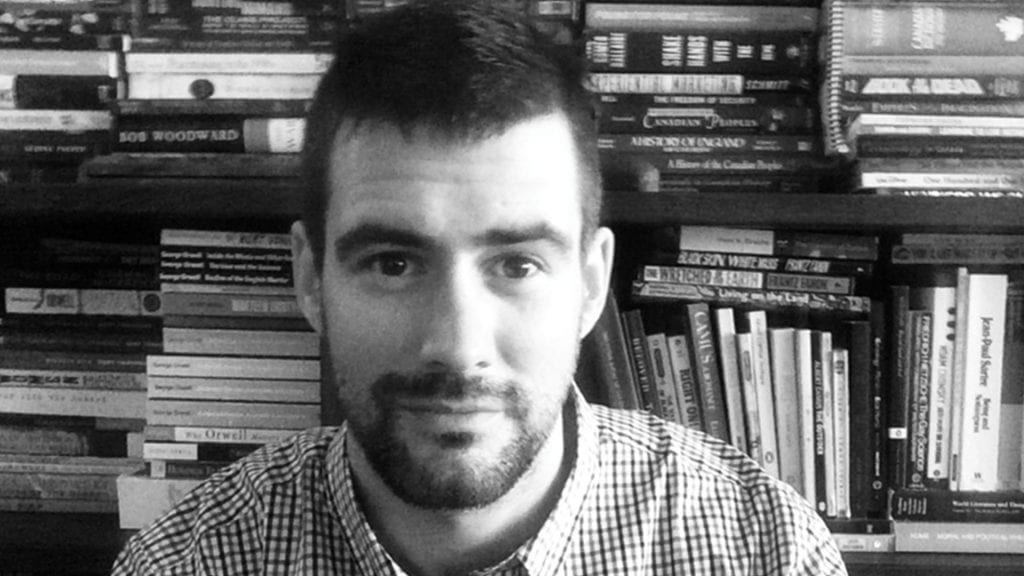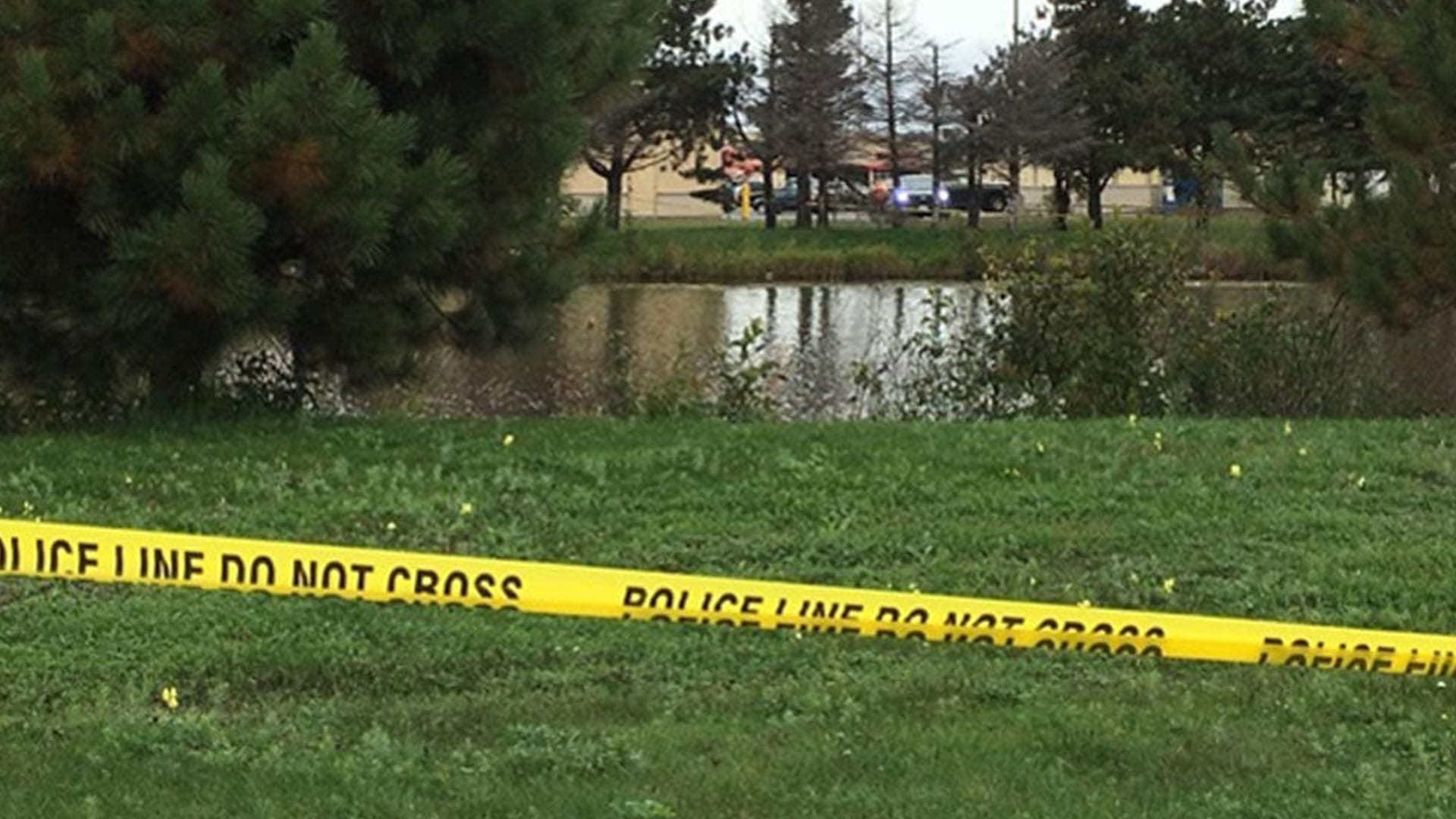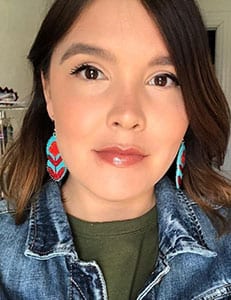
Travis Hay is not your typical professor.
At age 32, he’s young, accomplished and his body of work speaks for itself.
He has taught in the History and Indigenous Learning Departments at Lakehead University in Thunder Bay, Ont., Seven Generations Education Institute in Fort Frances and has been cited by Justice Murray Sinclair, lead investigator in the Thunder Bay Police Services Board investigation final report published Nov. 1, 2018.
“Murray Sinclair is a personal hero,” he says. “That meant so much to me.”
Hay comes from Thunder Bay and he’s not afraid to say it.
When he goes to Toronto, he says where he comes from.
“I’m not floating outside of it talking as an academic. It is all about who you are and where you come from,” he says.
He says he’s been learning this from Indigenous Peoples themselves throughout his career.
“At academic events in Toronto people don’t want you to identify with where you come from. They don’t think it matters. With Indigenous people, it is expected protocol that you say who you are and where you come from,” he says.
“I try to remember that wherever I go. I come from a Scottish family that has been here a long time. My father’s family owned a fur coat store on Simpson street and I was close to my granny. I love fur, it reminds me of my granny, but it also reminds of the fur trade, which for me began my interest in history.”
Those beginnings for his family developed into a long line of police officers. It was expected that Hay would follow suit.
“I was supposed to be a cop. I knew it would not be good for me or my community,” he says.
His father, Andy Hay, is the former deputy police chief.

The inquest into the deaths of seven First Nations youth from remote communities in the north, began under his leadership before he retired in December 2016.
Travis Hay delivered a talk on the Seven Inquest at Lakehead University in that following year. Despite the scrutiny his father faced a year before with the Inquest and media, Andy Hay attended.
This is the event where he met Jennifer McKenzie, a student at the time and now the Restorative Justice Coordinator for the Nokiiwin Tribal Council.
She connected Hay with the opportunity to present his research at their online justice forum as part of Justice Week.
In late February, he delivered the talk entitled, Born with a Silver Spoon as part of the Nokiiwin Tribal Council’s justice conference online over zoom.
The title of his talk recognizes the ways in which non-Indigenous people have benefited from the attempted erasure of Fort WIlliam First Nation, whose original traditional territory included land in what is known as Thunder Bay.
“Today was a really good experience. I was energized by the dialogue and encouraged I am on the right track,” he says.
Elders, knowledge keepers and community members made connections to their own past and some of them heard some of the information for the first time or in a different way.
Sheila Karasiewicz, a band member who attended the online conference, says she finally recognized she was actually on the traditional territory of her people, before they were forcefully relocated from the Kaministiquia River to present day Fort William First Nation.
“All this time I thought I was born and raised off reserve (due to Bill C-31). In reality I live on my traditional lands on the other side of the river,” she says. “So this is the traditional land I live on. The talk left me feeling so much more connected to the land itself.”
This isn’t the first time Hay connected with Fort William First Nation.
He gave a talk in Fort William First Nation last year. What’s different about presenting historical research to the very community you have written about?
“I invite dialogue. Members of that community know more about who they are than I ever will,” he says.
Travis Hay says he was struck by the community’s response.
”We remember your dad, we know who the good cops are. They could also name five bad ones.’” Hay acknowledges his fathers legacy in establishing community policing in the 90s in the Thunder Bay area.
“I’d like to think I am continuing the legacy of my father, I’ve just taken a different path,” says Hay.
“Meanwhile, some of my students I have had the privilege to teach are anti-racist and decolonial in their views and entering policing. They are like me but doing the opposite.”
Right now he is writing a book called “The Science of Settler Colonialism” with respected Elder Terri Redsky Fiddler, from Sandy Lake First Nation. It is about medical experiments on First Nations in the 1900s.
Sarah Nelson is part of the Journalist’s for Human Rights Indigenous Reporters Program











